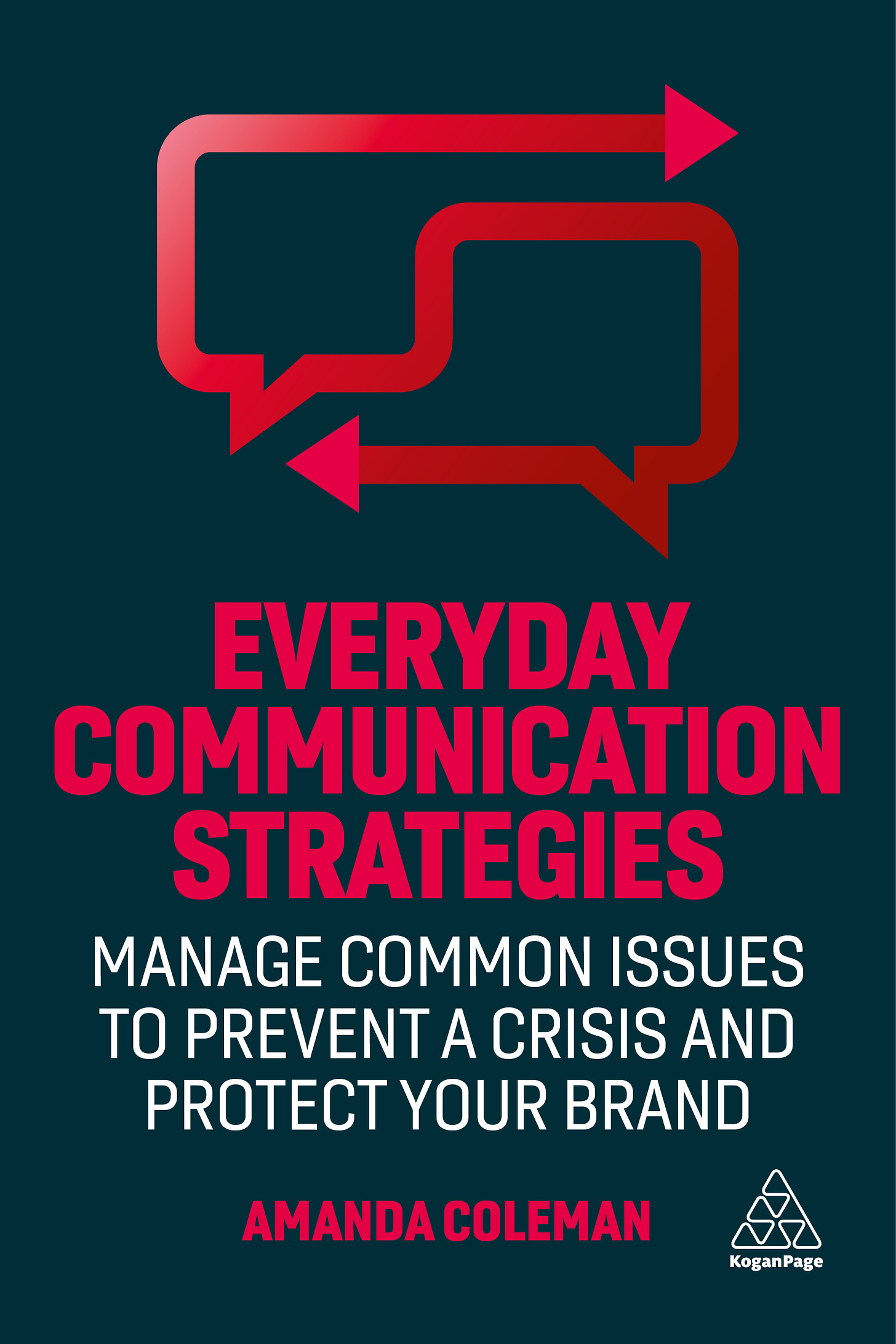Keep Alert to those Growing Issues
During the Covid-19 pandemic people found that crises will happen whenever they occur and don’t neatly arrive one after the other. This is a valuable lesson for communicators looking at how to respond to issues. Crisis communication plans need to be able to cover the challenges of dealing with multiple problems at the same time.
In the UK there is now a ‘cost of living crisis’ where people are under pressure financially and businesses are being threatened by the economic climate. This is becoming the focus for the media and for many organisations looking at how to make savings and divert money to cover growing energy costs. The result of this is that people may be putting their focus in the wrong place.
When there is a big issue taking place, it is vital to remain focused on all the other risks that could become problems. There may be further extreme weather conditions that impact on the operation of the business. There may be a cyber-attack that paralyses systems. There may be a reputational problem that leads to criticism on social media. Whatever happens you need to be aware of the possible risks that may emerge even when you are living through a crisis.
Here are three tips to help you:
Know your organisation’s risks and have communication plans in place to help you respond to them.
Take time each month to review the risks and check whether they have become more or less likely, and check for any new risks emerging.
Monitoring systems are critical throughout the year and can be a huge support when you are already dealing with one problem. Establish the key words and parameters and let them do some of the work for you.
30Ways in 30Days
September is national preparedness month in the USA and 30 Days in 30 Ways in the UK. Both want people and organisations to be ready for those emergencies, disasters and crises. Given the past two years this work is increasingly important. Whether it is business continuity, risk management or crisis response all are vital to being prepared. For communicators take time during the month to review your crisis communication strategy, approach and documentation.
Ask:
When was it last reviewed?
Has the organisation and the communication approach changed?
Are the roles and responsibilities clear?
Have you considered diverse voices and being inclusive?
Is your approach ready to support a long-running crisis?
Spend 30 minutes during the month to identify where things could be improved to support your crisis response. If you need any support to achieve this, get in touch with Amanda at amanda@amandacolemancomms.co.uk
Bespoke Crisis Training Offer
During September and 30 days in 30 ways month, Amanda Coleman Communications Ltd is offering bespoke crisis training at a special offer price. There is a 20 per cent reduction on the costs of all training sessions booked during the month.
Training could include a crisis simulation, crisis strategy training, crisis response training, crisis recovery communication training, crisis media training, crisis team building. If you want to discuss your requirements get in touch with Amanda at amanda@amandacolemancomms.co.uk

In Brief:
If you subscribe to Crisis Response Journal check out the latest edition which has just been published. Amanda has written an article looking at how to talk to the public about preparedness. Find out about the latest edition here.
Following the horrific murders in Saskatchewan, Canada this week, it is worth recognising the speed with which the Royal Canadian Mounted Police (RCMP) got information out. Thanks to the Centre for Crisis and Risk Communication for highlighting the article which includes a timeline. Find out more here.
Find out how a hospital communicated about an outage that affected systems for nearly 12 hours. Read the details here.
Forbes published an interesting article about the use of automation in emergency response. Christopher Kenessey, Forbes council member, looks at the different ways technology can be used. Find out more here.
The latest edition of the monthly crisis communication case study Testing Times has been published. The focus is on the challenging financial situation in the UK. To receive a copy email amanda@amandacolemancomms.co.uk
In an article in International Banker the impact of crises on banking is considered. It includes the line “Banks must take meaningful action to assess current and future reputational risks and prepare for scenarios before they arise. But they should also learn from past crises.” something that is important for all businesses. Read the article here.
Diary Dates:
On 14 September, Amanda will be running two training sessions for the PRCA. In the morning the popular Developing a Communication Strategy course will take place. Find out more here. In the afternoon the webinar Crisis Management practical tips for reputation, recovery and rebuilding will take place. Find out more here.
16 September 2022 - Amanda will be running a simulation at the Crisis Communication Bootcamp run by P World. Find out more here.
Amanda will be speaking at this year’s Emergency Services Show in September. Find out more here.
Remember Amanda’s latest book Everyday Communication Strategies: Manage Common Issues to Prevent a Crisis and Protect Your Brand is due to be published in the UK and elsewhere on 3 November 2022. Check Amazon for pre-orders.



